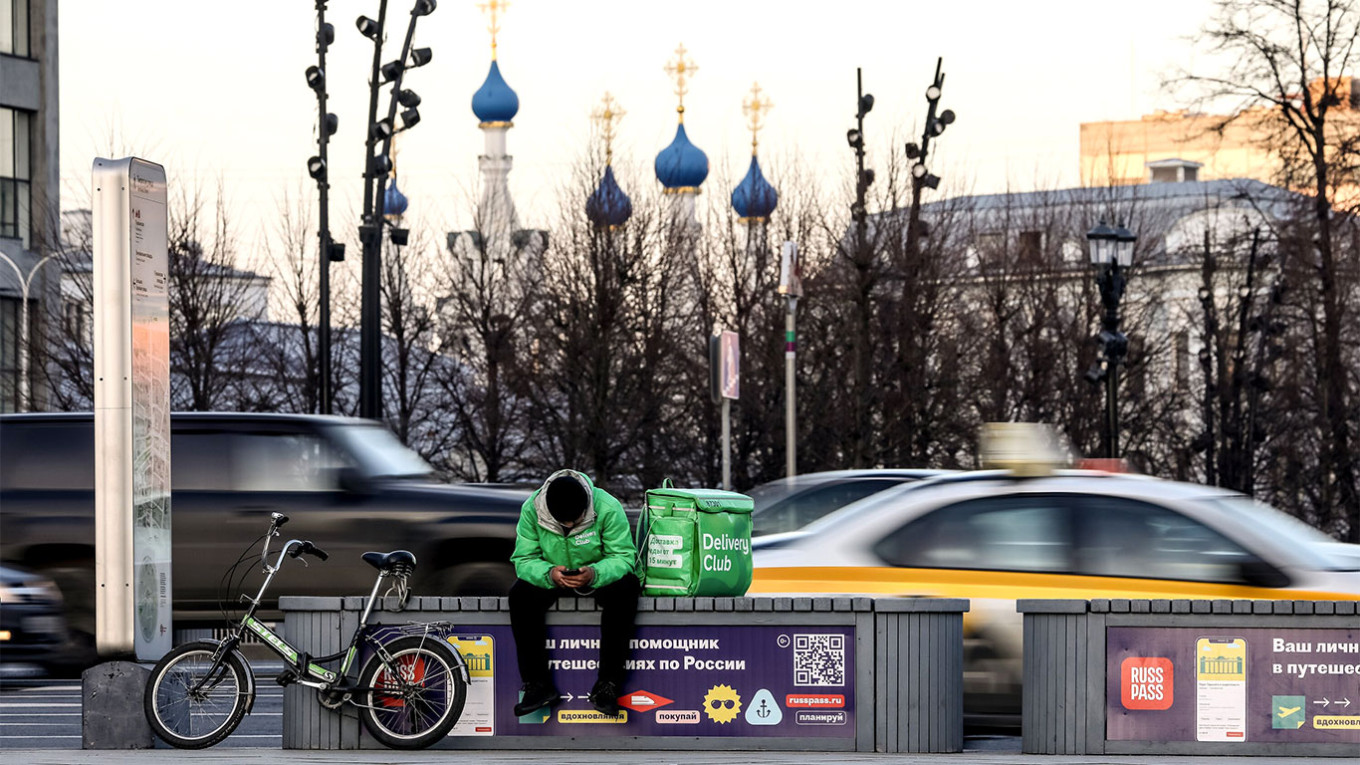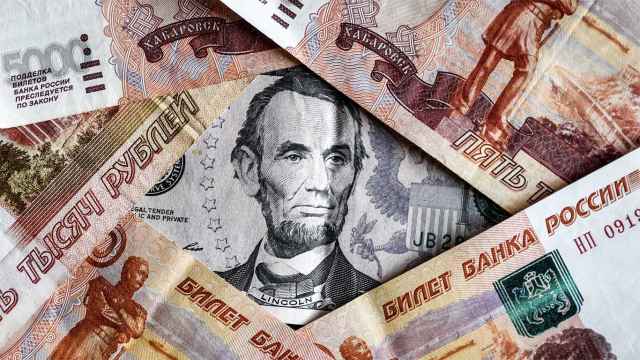In his brand new co-working space in Chelyabinsk, a city in central Russia, entrepreneur Maxim Novikov is counting the empty seats.
The space is usually overflowing with designers, programmers and young Russians working on their start-ups.
But since President Vladimir Putin announced a mobilization of hundreds of thousands of young Russian men last month, the 33-year-old has lost much of his clientele.
"Many have stopped coming," he told AFP by phone.
Instead, they are filling the depleted ranks of Russia's army or they are among the tens of thousands of others who have fled south for neighboring Kazakhstan.
The Kremlin's mobilization has brought uncertainty and chaos to businesses already hard-hit by sanctions and still recovering from the fallout of the pandemic. In the last three weeks, a little more than half of the 77 spots in Novikov's co-working place were occupied.
He has "no idea" if the people who fled or were drafted will keep paying subscription fees, which cost between $70 and $130.
And now Novikov is worried about his loans.
"Turnover has already dropped by more than 40% this year," Novikov, an architecture graduate, said. "I wanted to buy a third space but for the moment it is not possible to take the risk."
But he is far from the only business owner in Russia who is growing more nervous over the workforce vacuum.
"It means projects are being put on hold and private companies will be afraid to invest," said Natalia Zubarevich, an economist at Moscow State University.
Russia's economy has already been battered this year by unprecedented Western sanctions in response to Putin's decision to send troops to Ukraine on Feb. 24.
But Zubarevich said mobilization was an "additional aggravating factor."
She added she was not surprised young men from the provinces were joining the army, attracted by monthly payouts that are sometimes almost as much as their annual salaries.
Meanwhile, in glitzy central Moscow, 45-year-old Yelena Irisova is distraught at seeing her company, which produces luxury leather bags, stop production.
She employs around 10 people in the small business, but two of her craftsmen left the company in recent weeks – one fearing mobilization, another to help her daughter whose husband had been sent to the front.
"After Sept. 21, everything collapsed," Irisova said. "Our sales fell threefold – from 10 to three orders a day."
She says her savings will keep her going "a month or two, but not more."
No Russian business seems unscathed. Katerina Iberika, 39, who owns a pastry shop specializing in birthday cakes in Moscow, is also facing ruin.
Her five employees are women with exemptions from mobilization. But it's the low morale among the public that's endangering her business.
"Cancellations of orders for big events started two days before mobilization," Iberika told AFP.
Now she gets nearly no orders at all, except for "very small" ones, and is considering leaving Russia.
In increased isolation – and hit by sanctions and mobilization – an anxious Russian society is watching its spending closely.
"People are looking to put their money aside," Sofya Donets, chief economist for Russia at Renaissance Capital, said. "They're not going to overspend."
Some industries have been harder hit than others by a sudden lack of men.
Employers have sounded the alarm in recent days, asking the government for exemptions from mobilization, in particular for small and medium-sized companies.
Russia's economic development ministry told AFP that it had drawn up a list of measures for these "problematic issues" and had facilitated grants and microcredits.
"A mobilized entrepreneur will be able to suspend the fulfillment of obligations" to pay the loans back, the ministry said.
Donets expects "more intervention and state aid" to calm the effects of mobilization, however, especially since Russian coffers continue to fill up thanks to its energy exports.
A Message from The Moscow Times:
Dear readers,
We are facing unprecedented challenges. Russia's Prosecutor General's Office has designated The Moscow Times as an "undesirable" organization, criminalizing our work and putting our staff at risk of prosecution. This follows our earlier unjust labeling as a "foreign agent."
These actions are direct attempts to silence independent journalism in Russia. The authorities claim our work "discredits the decisions of the Russian leadership." We see things differently: we strive to provide accurate, unbiased reporting on Russia.
We, the journalists of The Moscow Times, refuse to be silenced. But to continue our work, we need your help.
Your support, no matter how small, makes a world of difference. If you can, please support us monthly starting from just $2. It's quick to set up, and every contribution makes a significant impact.
By supporting The Moscow Times, you're defending open, independent journalism in the face of repression. Thank you for standing with us.
Remind me later.






